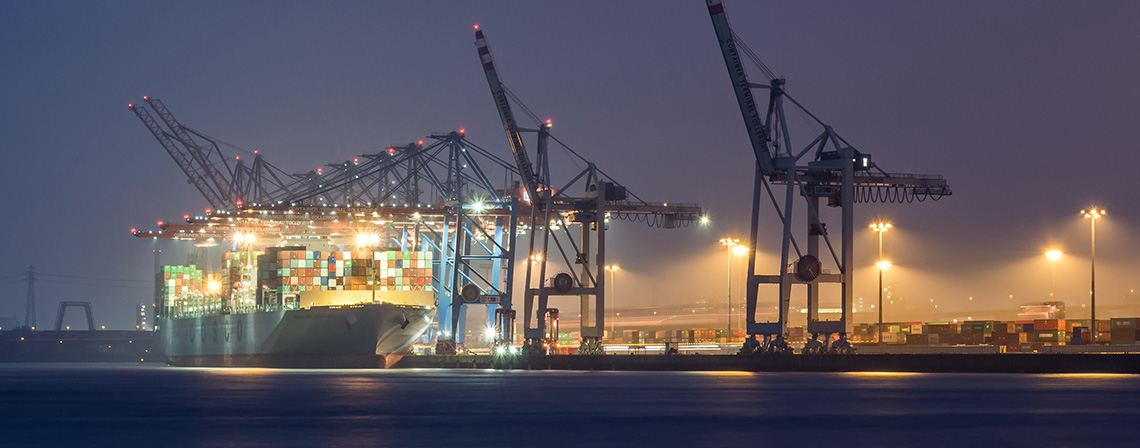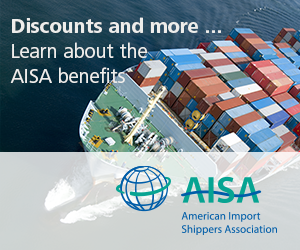The final interpretive FMC rule intends to give guidance to ALL industry stakeholders to “revise and reform business practices that will hopefully lead to improved freight fluidity”. Ocean carriers and marine terminal operators (MTOs) asserted legal and policy challenges in opposition to the proposed rules.
With the Commission’s renewed interest in demurrage and equipment detention charges and practices , importers can hope that they will have better chances to have carriers and MTOs change their tariff rules in respect to delays in cargo pick up and equipment returns are beyond the control of the cargo owner or its agents. Issues which had the specific attention of the FMC were these:
Cargo availability: the Commission will consider the extent to which free tie and demurrage practices and regulations relate to actual cargo availability for pick up.
Empty container returns: the Commission may find it unreasonable if an ocean carrier or marine terminal operator assessed detention when empty containers cannot be returned, such as when a marine terminal operator refuses to accept hem or, when there is a failure to communicate a change in the container return location.
Cargo availability notice: the Commission may consider in its reasonableness analysis whether and how cargo interests are provided notice that cargo is available for pickup, and may also consider the type and format of the notice, to whom it is provide, and its timing, effects and method of distribution.
Government inspection: in its final approach of this issue the Commission suggests it will consider the extent that demurrage and detention practices and regulations, as they are applied to government inspections, relate to extenuating circumstances, such as whether shippers and receivers complied with their customary obligations.
Transparent Terminology: the final rule indicates that the Commission may find the use of unclear terminology in demurrage and detention tariffs unreasonable – and made it clear that ocean carriers or marine terminals using terms inconsistently my result in confusion for shippers, intermediaries or truckers and will weigh against the regulated entities (carriers and marine terminal operators) in the Commission’s reasonableness analysis.
Make no mistake, however, that these issues must be settled by importers/cargo owners and ocean carriers up front, as the FMC may look at importers’ complaints only case-by-case, i.e. too late for an importer or his trucker or intermediary to pre-pay demurrage as a condition of having his container released to the marine terminal operator.
I believe it is in a carrier’s best interest to contract with MTOs which do not jeopardized the carrier’s relationship with his customers by rendering second-rate services, or by imposing punitive charges in situations were containers are “stuck” in the terminal as the result of labor related issues or disputes.
Parts of this report were extracted from a summary prepared by Ms. Karyn A. Booth, Esq. – Partner in Thompson Hine LLP, Washington D.C.




